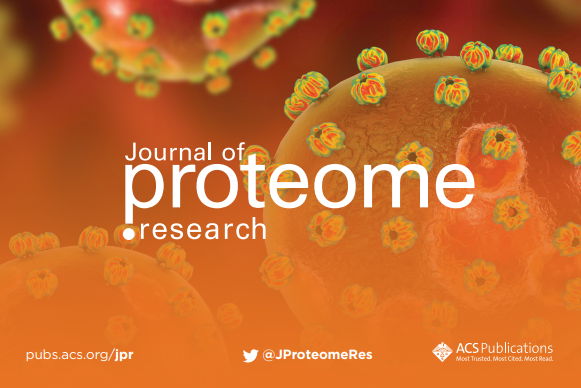Péter Horvatovich, University of Groningen, Netherlands
The 19th C-HPP Symposium/workshop organized by Fernando J. Corrales, Concha Gil and Young-Ki Paik was held in conjunction with EuPA 2018 Congress with a scientific theme, “Translating Genome into Biological functions”. In this meeting, 13 Chromosome teams (Chr 2, 5, 6, 9, 11, 13, 14, 15, 16, 17, 18, X and Mt.) presented their work-in progress on missing protein identification and uPE1 (PE1 proteins of unknown function) characterization. Beside the talks mentioned in July 2018 C-HPP HUPOST, in the session of next-CP50 challenge, Gilberto B Domont presented latest data on brain proteomics of fetus bearing Congenital Zika Syndrome. Results indicate that lower expression of proteins compromises the vascular system and upper expression directs the cell machinery for virion production by enhancing neurogenesis, energy generation and protein synthesis. In the Young investigator session, Aida Pitarch from Complutense University (Madrid, Spain) presented a 2D gel-based proteomics approach to identify the molecular mechanisms of the human/host immune response induced by infection with Candida albicans. Juan Antonio Vizcaino, from the European Bioinformatics Institute (EBI) provided an update on ProteomeXchange and recent works done at EBI to reuse and integrate public proteomics data, focusing on multi-omics and proteogenomics data integration and multi-omics datasets available at the EBI data repositories. The talk presented ‘Novel ProBAM and ProBed formats facilitating proteogenomics data integration and the OmicsDI portal (http://www.omicsdi.org/)’ which collects multi-omics datasets. Peter Horvatovich from University of Groningen presented a study assessing the bias in proteomics sample preparation of head and neck tissues such as nasal polyps, parotid gland, and palatine tonsils using fours widely used sample preparation protocols (in-gel, in-solution, on-filter, and on-pellet digestion). The study was using MRM based targeted and DDA discovery LC-MS/MS proteomics profiling and concluded that there is no universal sample preparation protocol, which is best for all tissue with respect of relative losses and discovery potential. Charlotte Macron from Nestlé Institute of Health Sciences described identification of missing proteins such as protein dispatched homolog 3, Augurin, Erythroferrone, Protocaderins from cerebrospinal fluids of Alzheimer patients using deep proteomics and TMT labeling. Miguel Marcilla from Complutense University presented the identification of missing protein of Hyaluronan synthase 1 (HAS1) in Human Mesenchymal Stem Cells Derived from Adipose Tissue and Umbilical Cord using deep proteomics fractionation with SDS gel electrophoresis and basic reverse phase fractionation. Bioinformatics (e.g. text mining, online resource of orthologous genes) and wet lab workflows (e.g. gene silencing with siRNA and CRISPR-cas9) to find function for uPE1 proteins of chromosome 13 was presented by Seul-Ki Jeong (Yonsei Proteome Research Center). The complete program of the workshop with presented materials which we received consent from the authors is available at C-HPP Wiki.


.png)